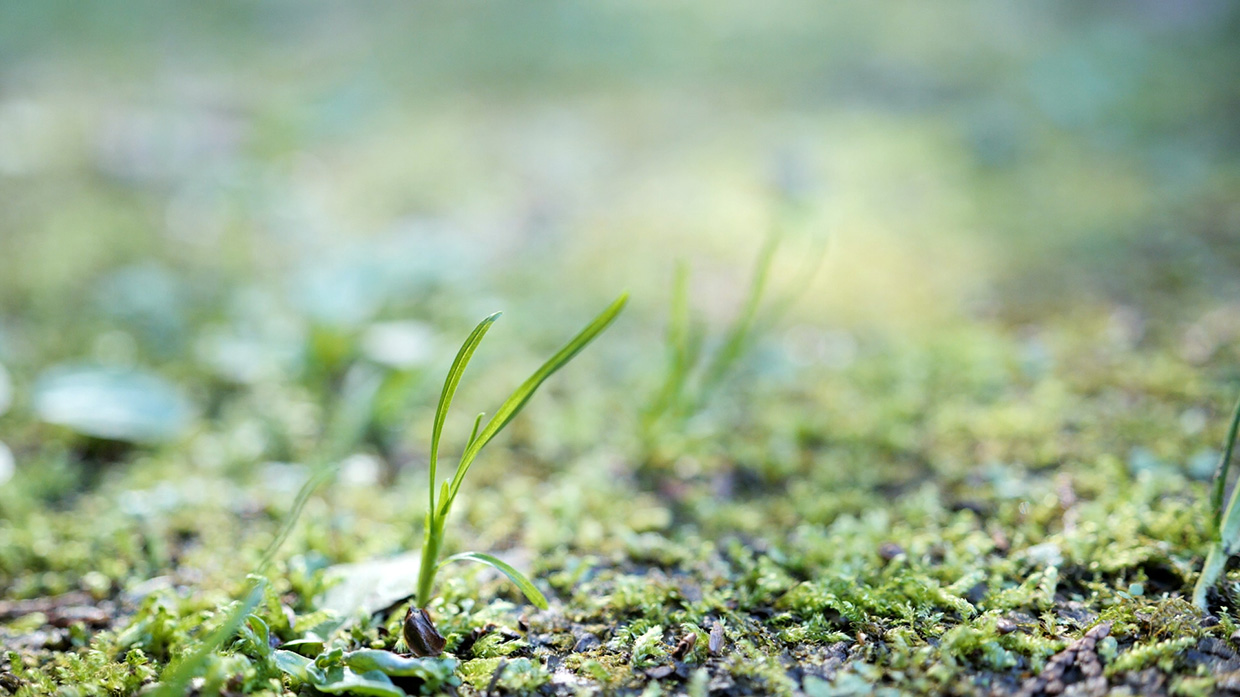Y.H.

- I realized that a place thoroughly purified with care doesn’t need superficial, synthetic decoration.
Living each day while trying to put into practice what I learned during the temple stay has been filled with small but deeply moving and refreshing realizations.
One clear example is cleaning the toilet. I learned how to clean the toilet properly during the stay, and I’ve continued the practice at home. A few days after I started, I thought, “Why not make it even better?” and placed a toilet tank deodorizer. But to my surprise, in a space I had carefully cleaned with a cloth, the artificial fragrance felt overpowering—more of a disturbance than an improvement. I realized that a place thoroughly purified with care doesn’t need superficial, synthetic decoration. It was a new and meaningful discovery for me.
The most significant change, however, was that I felt like I had regained my emotions. Of course, I had experienced happiness and joy in life, but I had also faced many sad, unfair, and uncontrollable situations. In trying to live as a responsible adult, I aimed to remain calm and detached, to always respond appropriately. But somewhere along the way, I lost the ability to simply feel things as they were and to express my honest emotions. Without realizing it, I had been suppressing my true feelings, always thinking first: “How should I interpret this? What’s the proper response?” I had started to feel emotionally numb, and although I was vaguely aware of it, I had resigned myself to believing that was just part of growing up.
I can’t pinpoint exactly what part of the temple stay brought my emotions back to life. But I believe it was a combination of many things: the delicate care and graceful actions of the monks, the sincerity in their words and efforts, the earnestness of my fellow participants, the warm and wise words and gaze of Daigu Oshō (the head monk), and the many small acts of kindness shared among us. All of these gradually melted the hardened parts of my heart and helped me reconnect with the strength to face my own pure feelings.
Until now, I had always been afraid of confronting things head-on. I think I confused “staying calm” with “not feeling,” and built a barrier in my heart, forcing myself to simply let things pass. But the days of focusing solely on the present during the temple stay reminded me how to engage my heart, body, and mind together in seeking the best way forward.
Even now, I still feel fear—in both work and personal life—because we can’t predict people’s feelings or future events. But with the insights I’ve gained, I now want to face even my fear honestly and live sincerely, without looking away from who I truly am.
As I go about my daily life, I often recall the scenes and words I encountered at Fukugonji Temple. Whether at work or in my personal life, I feel noticeably lighter, and I’ve come to cherish people and events more deeply. Perhaps because of this shift, toward the end of last year, I began meeting people I never would have imagined encountering before. I’m truly grateful for these meaningful days.
What I remember most vividly is the heartfelt meals we were served each day. On the final morning, unlike the previous ones, we were given rice porridge with sweet potato. When I thought about how many hands, how much care and effort had gone into bringing that bowl of porridge before me, I couldn’t stop the tears. It felt like I had tasted what “truly delicious” really means.
I know now that I can’t go back to the version of myself from before I learned all these lessons and realizations. From here on, I want to continue looking inward, noticing what needs attention, and thinking and acting in ways that serve both others and myself—to nourish and grow the person I’ve become.
